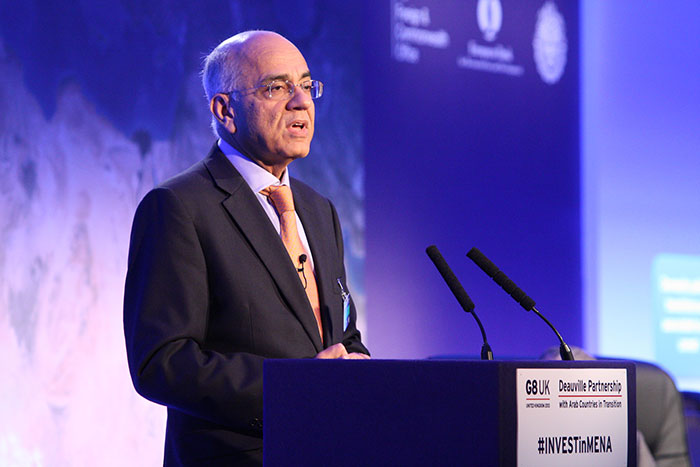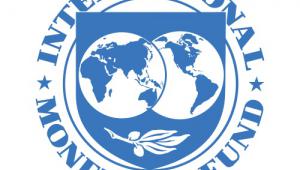web_masoodahmed_imf_9771179654_be24d64c92_o.jpg

Masood Ahmed, director of the IMF's Middle East and Central Asia department, will retire in October.
Masood Ahmed, who has held the role since 2008, has been described as a “visionary leader” by the IMF’s managing director, Christine Lagarde.
After joining in 2000, Ahmed worked as deputy director of the strategy, policy and review department, where he oversaw the fund’s conditionality guidelines. He also worked in the communications department as the IMF began to focus on using communications as a policy tool.
In his role, Ahmed oversaw the fund’s relations with the Middle East at a time of transition and severe turmoil sparked by the conflict in Syria.
Under his leadership, Lagarde said, the fund strengthened its partnership with governments across the region and the wide range of countries accessing its financial support. It was also able to forge strong and effective collaborations with other organisations during his tenure.
These included the World Bank, Arab Monetary Fund, the Islamic Development Bank and the United Nations.
“Masood has been a visionary leader of the department for the past eight years,” Lagarde continued. “I have highly valued his wise council, political acumen and great strategic sense.”
Before joining the fund, Ahmed held a number of positions with the World Bank and worked for around a decade on country programmes and projects in a variety of different regions.
He also spent 10 years working on international economic policy relating to debt, aid effectiveness and global economic prospects.
In his role as vice president for poverty reduction and economic management for the bank, Ahmed was the senior manager responsible for the development of the bank’s poverty reduction strategy paper and the Heavily Indebted Poor Countries Initiative – a joint IMF-World Bank approach to ensure no poor country faces a debt burden it cannot manage.
Lagarde described Ahmed’s departure as a “great loss” to the fund.













